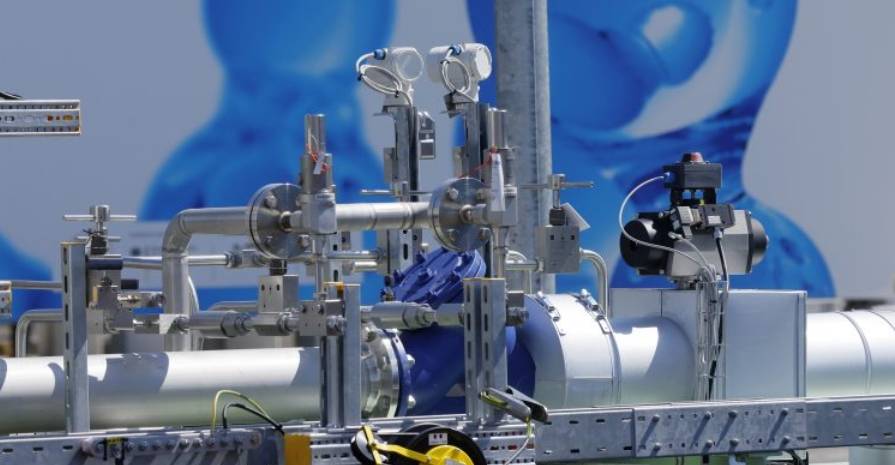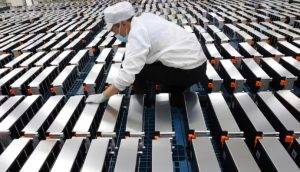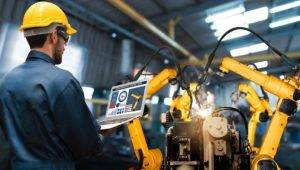
- Europe and Japan have filed the highest number of patents related to hydrogen technology in the past ten years.
- Hydrogen is projected to contribute around 13-14% of the bloc’s energy consumption by 2050.
- A report by the European Patent Office indicates that between 2011 and 2020, 28% of patents related to hydrogen technology were from the EU.
- Europe has a competitive advantage in hydrogen production, particularly in high-temperature electrolysis, also known as solid oxide electrolyser cells (SOEC).
- The EU’s regulations that determine when hydrogen qualifies as “renewable” have faced repeated delays.
- A smart and consistent policy framework is essential for coordinating efforts to enable the required infrastructure for storage and distribution.
According to a recent analysis by the European Patent Office (EPO), the European Union and Japan have filed the highest number of patents related to hydrogen technology in the past ten years. The United States is following closely behind. The emerging clean hydrogen industry presents a business opportunity, and European companies appear to be well-positioned to take advantage of it. The report highlights that South Korea and China are only beginning to emerge in hydrogen-related innovations at the global level.
Patent filings can provide insight into the level of innovation in a given market. A report by the European Patent Office indicates that between 2011 and 2020, 28% of patents registered in multiple countries related to hydrogen production, storage, transformation, and use were from the EU. Germany and France accounted for 11% and 6% of these patents, respectively.
Yann Ménière, Chief Economist at the EPO, noted that Japan, with a GDP only a third of the EU-27’s, registered 24% of multinational patents related to hydrogen technology between 2011 and 2020, growing faster than Europe in the past decade. On the other hand, the US, which registered 20% of patents, experienced a significant decline during the Trump administration. However, the Inflation Reduction Act is expected to promote hydrogen production in the US, and a strong rebound is anticipated.
Hydrogen’s regulatory challenges are hindering European ambitions to secure a share of the growing global hydrogen market. The EU’s regulations that determine when hydrogen qualifies as “renewable” have faced repeated delays. The latest missed deadline was in December 2022, following concerns raised by several European Commissioner cabinets.
Ménière emphasized the importance of the regulatory framework, pointing out that the Japanese government’s support for domestic hydrogen applications led to a surge in patents. Conversely, when political support was withdrawn, patent filings also declined. A smart and consistent policy framework is essential for coordinating efforts, enabling the required infrastructure for storage and distribution.
According to the EPO’s chief economist, Europe has a competitive advantage in hydrogen production, particularly in high-temperature electrolysis, also known as solid oxide electrolyser cells (SOEC). European companies, such as France’s CEA and nuclear commission, have a competitive advantage in this area.
More investment and effort will be required to fully realize the potential of the hydrogen economy. However, Ménière is optimistic about Europe’s potential due to the continent’s strong performance in upstream research and significant capacity building.






